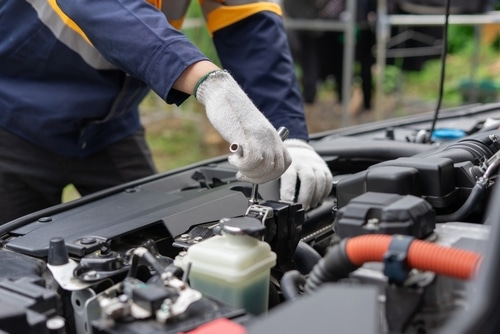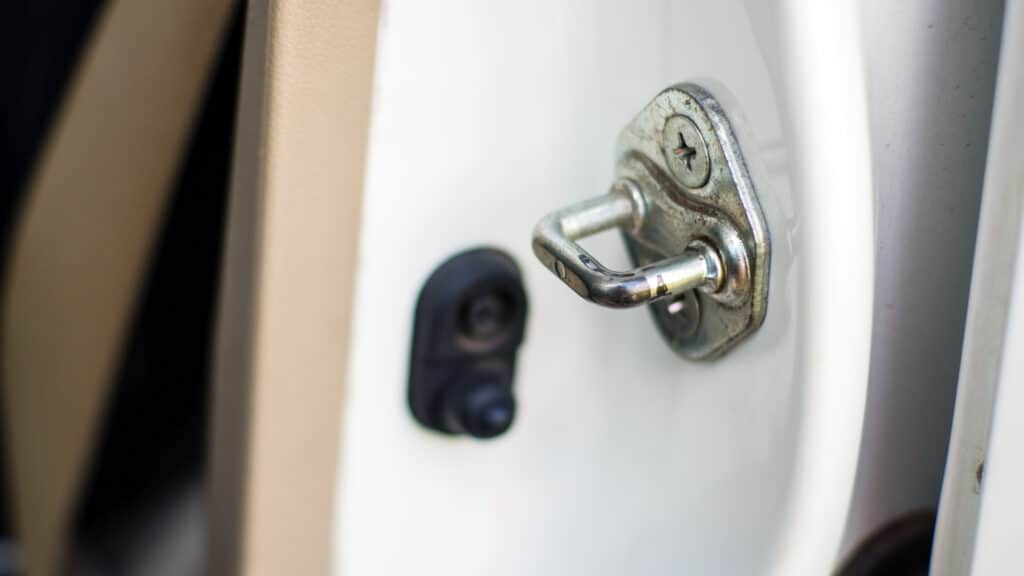If you suspect that your vehicle is a lemon, it’s important to know that the manufacturer may try to deny your lemon law claim. If they cannot get away with denying it outright, they may try to pay you less for your vehicle than you’re actually owed. Here are some ways that a manufacturer might attempt to escape its responsibility to you under the California Lemon Law.
Table of Contents
How The Manufacturer Might Try To Deny Your Claim
The auto manufacturer might try to skirt its obligations under the California Lemon Law by claiming that your vehicle is not actually a lemon.
The Problem Is Not A True Defect
A recurring problem counts as a defect under the California Lemon Law if it “substantially impairs the use, value or safety” of the vehicle, and the problem cannot be fixed within a reasonable number of repair attempts.
In this case, the auto manufacturer might argue that the problem is a minor inconvenience and does not “substantially impair” the vehicle.
Blaming the Owner for the Defect
The auto manufacturer might try to shift the blame back onto the owner by claiming that the problems were caused by improper maintenance, neglect or abuse of the vehicle. For this reason, you must keep all records of your vehicle maintenance repairs. You want to be able to show that you took good care of the vehicle, yet the problems persisted.
Problem is Blamed on Outside Factors
The auto manufacturer may claim that the problem was caused by external factors such as a collision, flood or some other type of natural disaster. Whatever the case, the auto manufacturer is trying to claim that the problem is anything but a manufacturing defect. Keep records of accidents or incidents that may have affected the vehicle, as well as any subsequent repairs made in response.
Problem is Not Covered under Warranty
The auto manufacturer may claim that the defect in your vehicle is not covered by the warranty. The warranty (and whether or not the vehicle conforms to its terms) forms the basis of a lemon law claim. Lemon Laws are intended to ensure that auto manufacturers abide by the terms of their own warranties. If your vehicle problem is not covered by the warranty, it is not eligible for lemon law protection.
If you believe that your vehicle is a lemon, don’t be discouraged by the manufacturer’s attempts to deny your claim. A lemon law attorney can help you gather the evidence you need to prove your case and recover a vehicle replacement or a refund, otherwise known as a lemon law buyback.
Bonus: How The Manufacturer Might Rip You Off Your Refund
If the auto manufacturer cannot get away with claiming that your vehicle is not a lemon, the manufacturer may try to lowball the amount that it actually owes you. If you try to resolve it without the help of a lemon law attorney, you may be given a rather low offer – and not even know it. If you file a lemon law claim and are handling this case in court, the auto manufacturer may try to use some rather creative math to get away with paying you less as part of your lemon law refund, or lemon law buyback.
The lemon law buyback is calculated by taking the total amount paid to your vehicle and subtracting a mileage offset from it. This mileage offset is calculated by taking the mileage of your vehicle at your first repair related to the defect, dividing it by 120,000 miles (average vehicle lifetime) and multiplying it again by the total amount paid/payable to the vehicle.
The mileage offset works by a basic logic: if you got through 10% of your vehicle’s expected lifetime before a defect appeared, then 10% of your possible refund amount is being taken off. If you got through 25% of your vehicle’s expected lifetime, then 25% of your possible refund amount is being taken off.
The manufacturer might try to get away with paying less by claiming that your first defect-related repair took place at a later date (and the repair you’re claiming is the first defect-related repair was actually for something else). This way, they get to claim that you got more good miles out of your vehicle, and got through a greater portion of your vehicle’s expected lifetime, and therefore they should pay you less as part of your lemon law refund.
Lemon Law Help by Knight Law Group is an automotive lemon law firm that exclusively practices in California, with offices in Los Angeles, San Francisco, Sacramento and Orange County. If you are a California resident who purchased or leased a defective vehicle from a licensed dealership in California, we may be able to help you get rid of your potential lemon and recover significant cash compensation. Model year restrictions apply: 2020–Present vehicle models only.
However, we cannot help those who reside outside of California or purchased their vehicle outside of California unless they are active duty members of the Armed Forces, nor will we be able to refer them to a lemon law firm in their states.
To learn more about the California Lemon Law and your legal rights, visit our guide on the California Lemon Law for more information.






